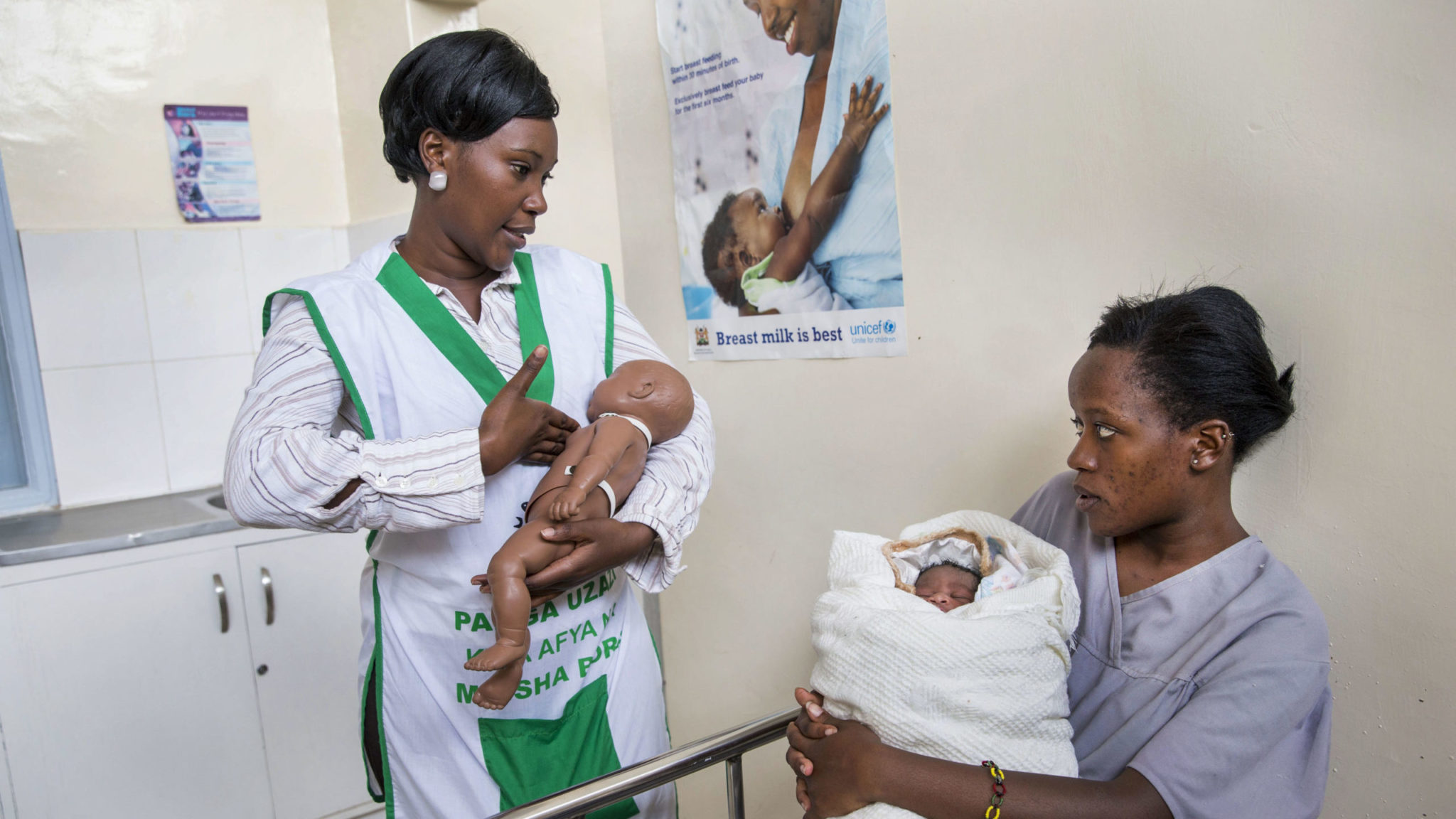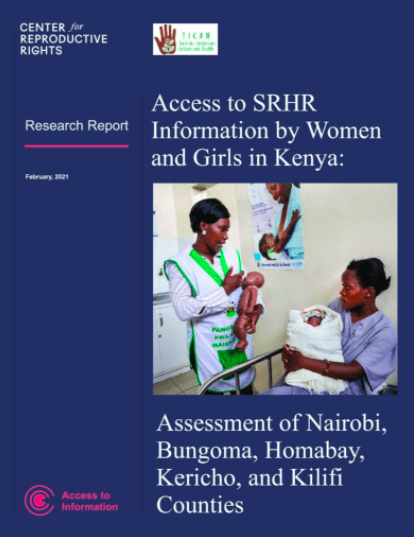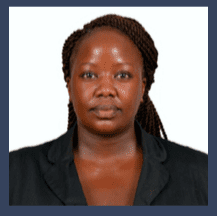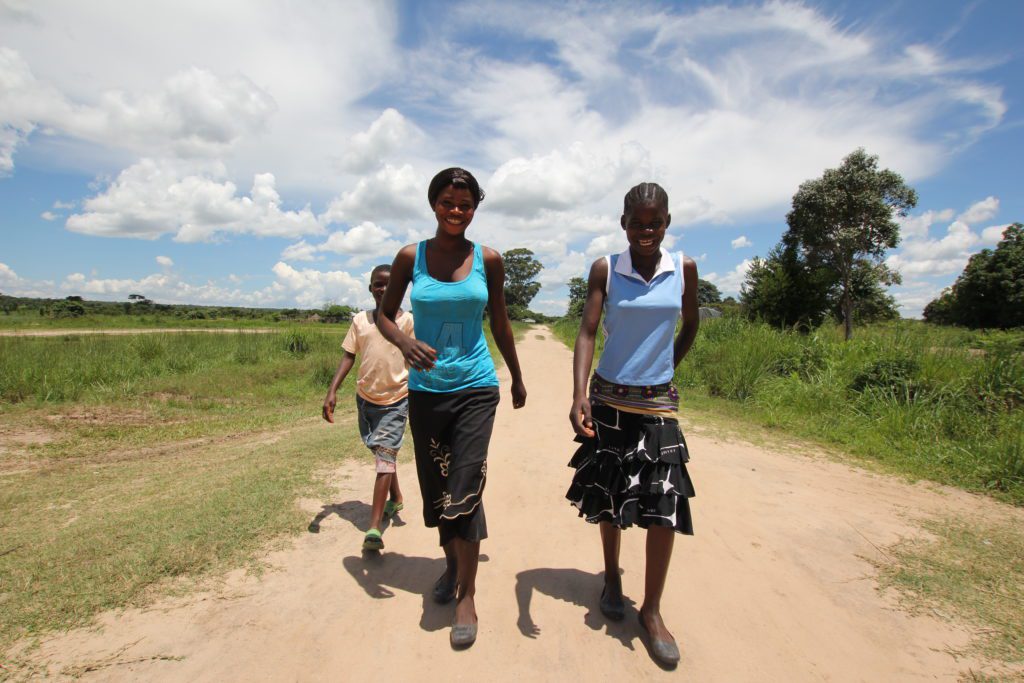Report Highlights Lack of Access to SRHR Information in Kenya
Report by the Center and its partner launched at a recent virtual event.

A new report by the Center for Reproductive Rights and the Trust for Indigenous Culture and Health (TICAH) finds that women and girls in Kenya lack access to comprehensive information on sexual and reproductive health and rights (SRHR) despite the country’s constitutional framework guaranteeing reproductive health and access to such information.
The report, titled Access to SRHR Information by Women and Girls in Kenya: An Assessment of Nairobi, Bungoma, Homabay, Kericho and Kilifi Counties, was launched by the Center and TICAH on June 17 at a virtual event featuring prominent reproductive rights advocates, health care workers, youth advocates, and other leading voices.
Read the full report here:
Based on interactions with women and girls, health service providers, and government officials in the five counties, the report finds:
- Lack of knowledge exists among women and girls about menstruation, contraception, safe abortion, sexual gender-based violence, reproductive rights, and Kenya’s constitutional provisions on SRHR.
- Knowledge gaps limit the ability of women and girls to claim their sexual and reproductive health and rights from the government and health facilities.
- The lack of access to SRHR information contributes to low uptakes of contraceptives; increased rates of unintended pregnancies; unsafe abortions; increased incidences of HIV and other sexually transmitted infections; and sexual and gender-based violence including rape and sexual exploitation.
The report also presents recommendations on how the Kenyan government and stakeholders can improve access to reproductive health information and education.
Discussing the report’s findings, Betty Odallo, Advocacy Adviser for Africa at Center for Reproductive Rights, faulted the government’s piecemeal approach to providing information: “Whereas government facilities provided some information on reproductive health services such as delivery and post-natal care, it failed to provide complete and prior information on abortion care, post abortion care, assisted reproduction and contraceptives.” Odallo continued, “Learning institutions offered limited or no comprehensive education on sexual and reproductive health, despite school-going girls preferring to receive such information from schools.”
Reality Doesn’t Match the Promise of the Kenyan Constitution
The report shows a disconnect between the promise of the Constitution of Kenya 2010 and the reality of women and girls’ access to their SRHR. Article 43 of the Kenyan Constitution guarantees the right to the highest attainable standard of health, including reproductive health, which is a state of complete physical, mental, social, and emotional wellbeing regarding reproductive system, and not merely being without disease. Moreover, Article 35 provides for the right to access information, meaning that women and girls are entitled to seek and receive information concerning health, including sexual and reproductive health, to help them live whole and healthy lives.
“For Kenyan women and girls to realize healthy, productive lives and contribute to nation building, the Government must live up to its commitments in the Sustainable Development Goals (SDGs) and leave no one behind in designing sexual and reproductive health and rights programs,” said Jade Maina, TICAH Executive Director.
Access to SRHR Information by Women and Girls in Kenya: An Assessment of Nairobi, Bungoma, Homabay, Kericho and Kilifi Counties recommends that the government and stakeholders take these actions to ensure access to comprehensive reproductive health information and education:
- Equip all health facilities with health service providers trained in the provision of comprehensive sexual and reproductive health and rights information.
- Finalize, publish and rollout a curriculum on comprehensive sexual and reproductive health for in- and out-of-school adolescents, to be delivered by trained teachers.
- Undertake regular, nationwide awareness campaigns on sexual and reproductive health for persons of all demographics on widely accessible media.
- Provide information and education on sexual and reproductive health and rights in formats accessible by all persons with disabilities.
Betty Odallo, the Center’s Advocacy Adviser for Africa, spoke at the June 17 event.
Virtual Event Features Global and Local Experts
The June 17 event featured several prominent speakers who discussed the crucial nature of access to SRHR information. Lawrence Mute, Former Special Rapporteur on Freedom of Expression and Access to Information in Africa, gave the keynote speech, and Dr. Ademola Olajide, the Kenyan representative of the UN Population Fund (UNFPA), presented opening remarks.
Dr. Mercy Korir, medical doctor and journalist, moderated the discussion, which featured panelists:
- Betty Odallo, Advocacy Adviser for Africa at the Center
- Jade Maina, Executive Director, Trust for Indigenous Culture and Health
- Judith Odhiambo, Youth Advocate, Network for Adolescent and Youth of Africa
- Christine Anjimbi, Chief Nursing Officer, Bungoma County Referral Hospital
- Kenneth Miriti, Reproductive Health Coordinator, Kilifi County
Odallo stated, “Today’s launch event allowed us an opportunity to reflect upon the findings in the five counties and to clarify what actions—in our capacities as youth, SRHR service providers, and SRHR advocates—we can demand the Kenyan government to take in order to meet its constitutional obligations to provide complete SRHR information to women and girls in Kenya.”
Read more:



